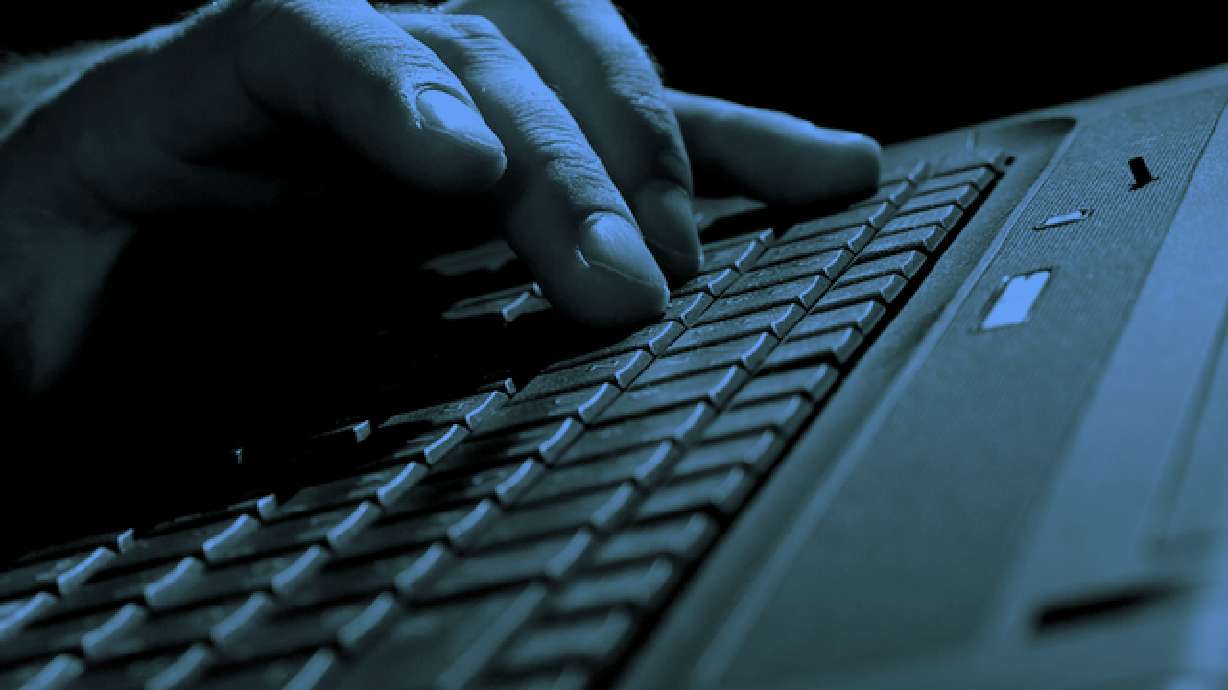Estimated read time: 2-3 minutes
This archived news story is available only for your personal, non-commercial use. Information in the story may be outdated or superseded by additional information. Reading or replaying the story in its archived form does not constitute a republication of the story.
2010 - 32%
Source: Wi-Fi Alliance.
SALT LAKE CITY -- A few years ago, Wi-Fi transmitters didn't come automatically encrypted. But XMission President Pete Ashdown says manufacturers learned from their mistakes. Transmitters are preset to be encrypted, but they don't always stay that way.
"All Wi-Fi manufacturers who make these transmitters (have) their software able to have its encryption turned off if you want to. But by default, it comes encrypted," he explained.
Despite all the news of the dangers of having an open Internet signal, Ashdown says many people are turning the encryption off.
- Create strong passwords - At least 8 characters long, does not include any dictionary words or personal information, and is a mix of upper and lower case letters and symbols. A tip that might make password management easier is to create an acronym from easy-to-remember phrases. For example, "my daughter's birthday is July 7, 1987" could become the password "MDBi7787."
- Be smart about hotspot use - Most public hotspots leave security protections turned off. Don't transmit sensitive data, such as bank account login information.
- Turn off automatic connecting - Many products such as mobile phones and notebooks are set by default to sense and automatically connect to any available wireless signal. Users should turn off automatic connecting and only connect to and from networks and devices they are familiar with.
"Some people just find the password a hassle and they don't understand the security problems of keeping it open," he said.
USA Today says 32 percent of people polled admit they "borrowed" their neighbor's Wi-Fi. That's up from only 18 percent in 2008. Ashdown says homeowners who turn off their signal's encryption tell themselves the security risk is minimal.
People think, ‘Nobody is going to hack my wireless. What's important about me? I don't have that much money in my bank account.'
–Pete Ashdown
"It's the ‘It couldn't happen to me,' syndrome, where people think, ‘Nobody is going to hack my wireless. What's important about me? I don't have that much money in my bank account.' Things like (those) rationalizations keep them from just adding an extra layer of security," he said.
Plus, Ashdown says Wi-Fi signals have become a lot easier to access in recent years. Until just a few years ago, cell phones couldn't access those signals, but they can use them easily now. When someone buys a new laptop, one of the first things the computer does is find a signal. Since the laptop can't determine who owns it, the laptop will latch on to any Wi-Fi frequency it can.
"Maybe there's a little motivational problem that if you're able to get on your neighbor's Wi-Fi, why bother to get your own?" Ashdown suggested.
But he is warning people to not overlook the dangers of having an open signal. Not only can someone track your online activity with ease if your Wi-Fi is not encrypted, but if someone downloads something illegal, you'll have a hard time proving you were not the one who downloaded it.
E-mail: pnelson@ksl.com









